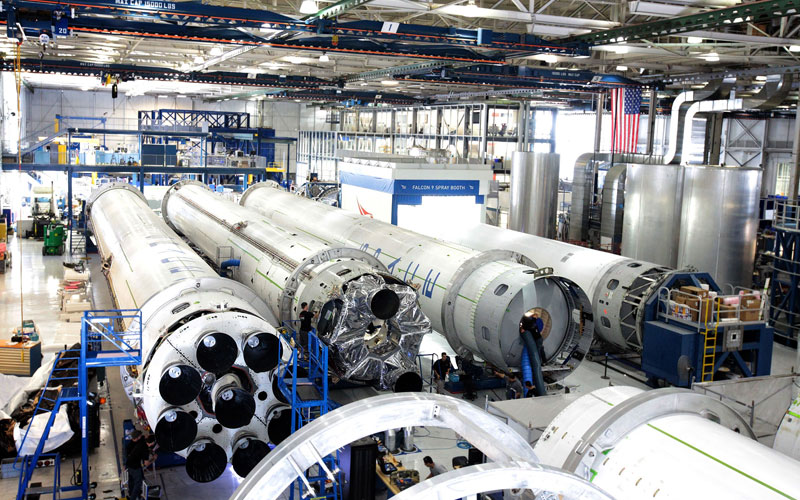Mechanical Failure Analysis

OG-718
Course Description
- Mechanical failures are the cause of ceasing a production and thus ought to be eliminated through the intervention of maintenance. It is vital to correctly grasp the concept of failures. Mechanical failure analysis introduces the causes of the failures, which need to be corrected for efficient production. This course is also designed to bridge the gap between theory and practice of failure analysis.
Course Objectives
- Familiarizing with mechanical failure analysis.
- Learning failure modes and designing fail-safe systems.
- Understanding the service and maintenance requirements for machine failures.
Who Should Attend?
- Mechanical and electrical technicians.
- Mechanical engineers.
- Service personnel and managers.
Course Schedule
Day-1
- What is mechanical failure.
- Failure Modes.
- Cause of failures in production.
- Effective ways to prevent failure or live with the failures.
Day-2
- Static failure modes.
- Fracture.
- Buckling.
- Impact.
- Strength calculations.
- Material and dimension selection.
Day-3
- Dynamic failure modes.
- Fatigue.
- Creep.
- Wear.
- Corrosion.
Day-4
- Crack growth.
- Failure rate.
- Hazard analysis.
- Impact testing.
- Fatigue testing.
Day-5
- Failure testing.
- Improving fatigue life.
- Improving creep life.
- Structural examples.
- Bearing example.
Course Description
- Non-Destructive Testing (NDT) involves a number of inspection techniques designed to detect discontinuities or defects in different types of materials. NDT is used in many fields, such as the aircraft industry, pipelines, nuclear reactors, automotive servicing and many others.
- This course covers the fundamental NDT methods currently employed and instills participants with the ability to assess factors affecting choice of methods to be utilized in relation to materials, defect type, position and other relevant parameters.
Course Objectives
- Understanding the basic principles of various NDT methods, fundamentals, discontinuities in different product forms, importance of NDT, applications, limitations of NDT methods and techniques and codes, standards and specifications related to non-destructive testing technology. Briefing NDT certification programs, levels, responsibilities of Level 1, 2 & 3.
Who Should Attend?
- Plant Engineers.
- Plant Surveyors & Inspectors.
- Materials & corrosion engineers.
- Maintenance Supervisors.
- Those requiring a general foundation of Non-Destructive Testing and the various methods employed in this area.
Course Outlines
- NDT General Knowledge.
- Manufacturing processes.
- Types Discontinuities associated with manufacturing processes.
- Basics of Visual Testing – Principles, Techniques, Applications, Limitations, Codes, standards and Specifications related to Visual Testing.
- Basics of Liquid Penetrant Testing: Principles, Techniques, Applications, Limitations, Codes, standards and Specifications related to Liquid Penetrant testing.
- Basics of Magnetic Particle Testing: Principles, Techniques, Applications, Limitations, Codes, standards and Specifications related to Magnetic Particle testing.
- Basics of Ultrasonic Testing: Principles, Techniques, Applications, Limitations, Codes, standards and Specifications related to Ultrasonic Testing.
- Basics of Radiographic Testing: Principles, Techniques, Applications, Limitations, Codes, standards and Specifications related to Radiography.
- Conclusion.



